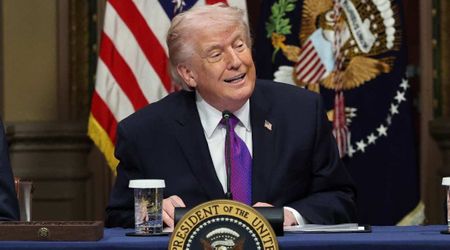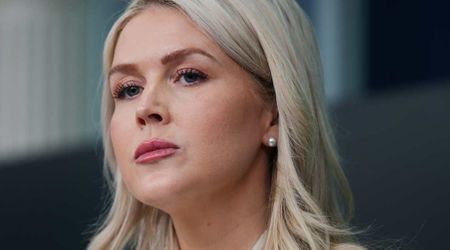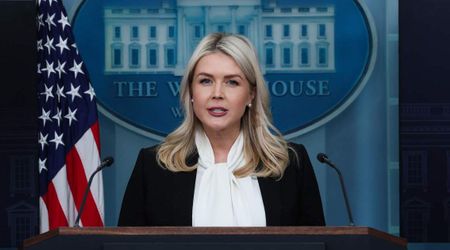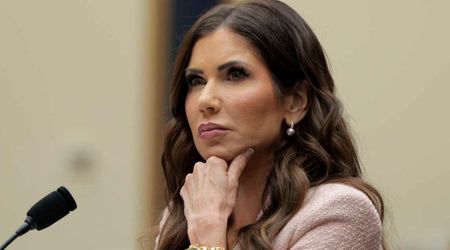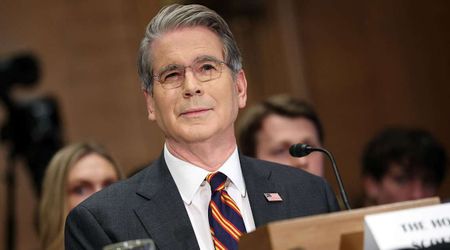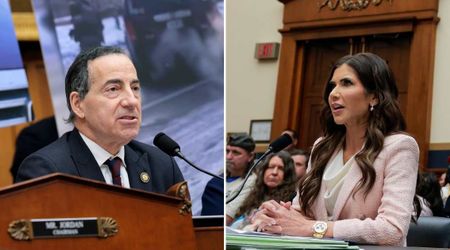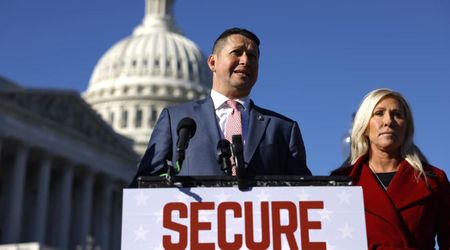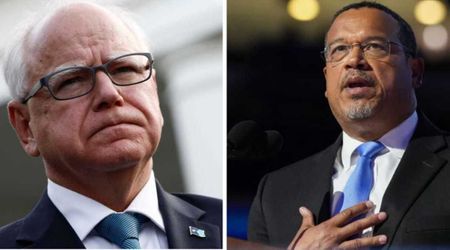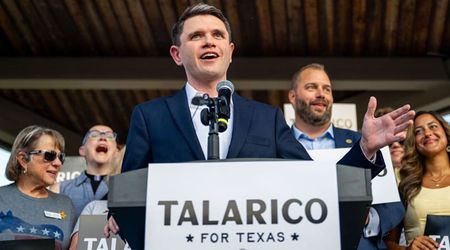5 ways Michael Cohen’s testimony could blow the lid off Trump team's key arguments in hush money trial
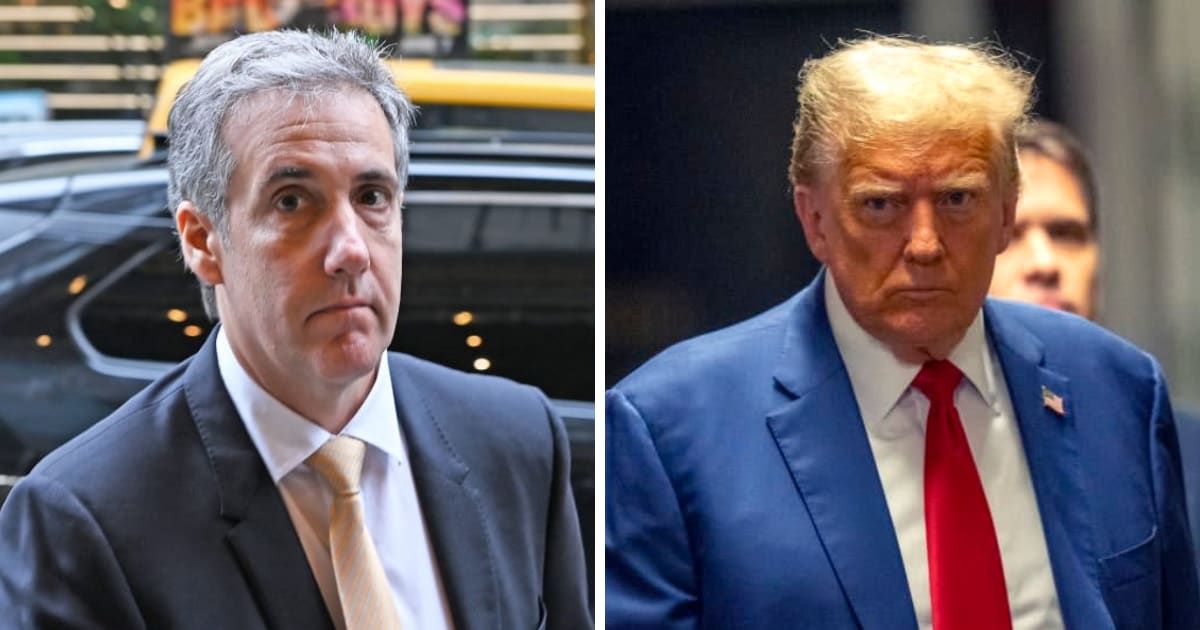
5 ways Michael Cohen's testimony undermines Trump's defense in hush money case

Michael Cohen, Donald Trump’s fixer turned nemesis, stepped down from the hush money trial witness stand on May 20, after testifying against his former client for four days. The ex-Trump attorney's testimony covered various aspects of his life, from consulting gigs to being part of the 45th president's defense team, including his involvement in the hush money payments. He revealed inside details about how he paid the $130K to adult film actress Stormy Daniels on behalf of his then-client before the 2016 election as part of a catch-and-kill scheme to suppress negative stories that could affect Trump's 2016 presidential bid. Trump faces 34 counts for falsifying business records to cover up the hush money payment by reimbursing the amount to Cohen as legal fees. With Trump not testifying in the historic criminal trial and the closing arguments set for May 28, here are four key moments from Cohen’s testimony that could blow the lid off the defense’s arguments.
1. Trump says he was unaware of the payment made to Stormy Daniels

The defense claimed that Trump was unaware of the payment to Daniels. But the former fixer said on the witness stand that the former president was involved in money-related activities. According to Cohen, he had to get approval from Trump about financial expenses. "When he would task you with something, he would then say, 'Keep me informed, let me know what's going on.' And as soon as you had a result or answer you would go straight back, especially if it was a matter that he was worried about," he told the jury. Cohen revealed that if Trump had not been informed promptly and had learned it another way, that would not have gone well for him. When he first learned about Daniel's story, Trump told Cohen, "Take care of it. I thought you had this under control. Just take care of it." Cohen’s further testimony could effectively demolish the defense’s argument that Trump was unaware of the payment. According to the former attorney’s testimony, he and Trump’s chief financial officer, Allenweisselberg, worked at Trump’s direction to arrange a payoff to Daniels after she threatened to go public with her alleged affair with the then GOP nominee. "I wanted to ensure that once again he approved of what I was doing because I required approval from him about all of this," Cohen said, recalling how he paid the money to the adult film actress through his personal account.
2. Michael Cohen acted alone to pay Stormy Daniels $130K

Trump's attorneys attempted to prove Cohen was the only one involved in the hush money payment to Daniels. In light of this, the prosecution questioned multiple witnesses about the likeness of the former Trump lawyer making the out-of-pocket payment due to the kindness of his heart. Former White House Communications Director Hope Hicks dismissed such a possibility and testified, "It would certainly be out of character for Michael." During his time on the witness stand, Cohen denied the arguments, stating he needed Trump's approval for the payment mainly because he wanted a surety about the reimbursement. "Everything requires Mr Trump's sign-off," he said on the first day on the stand. "On top of that, I wanted the money back." Quashing the claim that he acted alone, the ex-lawyer testified he did "everything I could and more in order to protect my boss … but I would not have laid out the $130,000 needed for an NDA needed for somebody else." The significant argument of the former lawyer's testimony was that he had " no reason to own, no need to own the life rights." He added, "What I was doing, I was doing at the direction and the benefit of Mr Trump."
3. Donald Trump wanted to protect wife Melania by paying hush money

Trump's defense argued that the former president would have tried to pay the hush money to protect his wife, Melania Trump. Former WH aide Hicks' testimony supported this claim. She said that the ex-POTUS "was concerned about how it would be viewed by his wife, and he wanted me to make sure that other newspapers weren't going to deliver to their residence that morning." However, Cohen dismissed this argument, stating that he raised Melania's emotions to Trump, who was unconcerned about how the extramarital affair story could affect his marriage. "I asked how are things gonna go upstairs," the former fixer recalled asking Trump after the story became public. "He goes, 'Don't worry. How long do you think I'll be on the market for? Not long,'" Cohen testified. "He wasn't thinking about Melania, this was all about the campaign." Daniels' attorney, Keith Davidson, also confirmed this. He noted his repeated efforts to contact Cohen instead of Trump, suggested that the then White House hopeful genuinely had no concern about Daniels' story becoming public and he was only "trying to kick the can until after the election."
4. Michael Cohen denies he testified for financial benefits
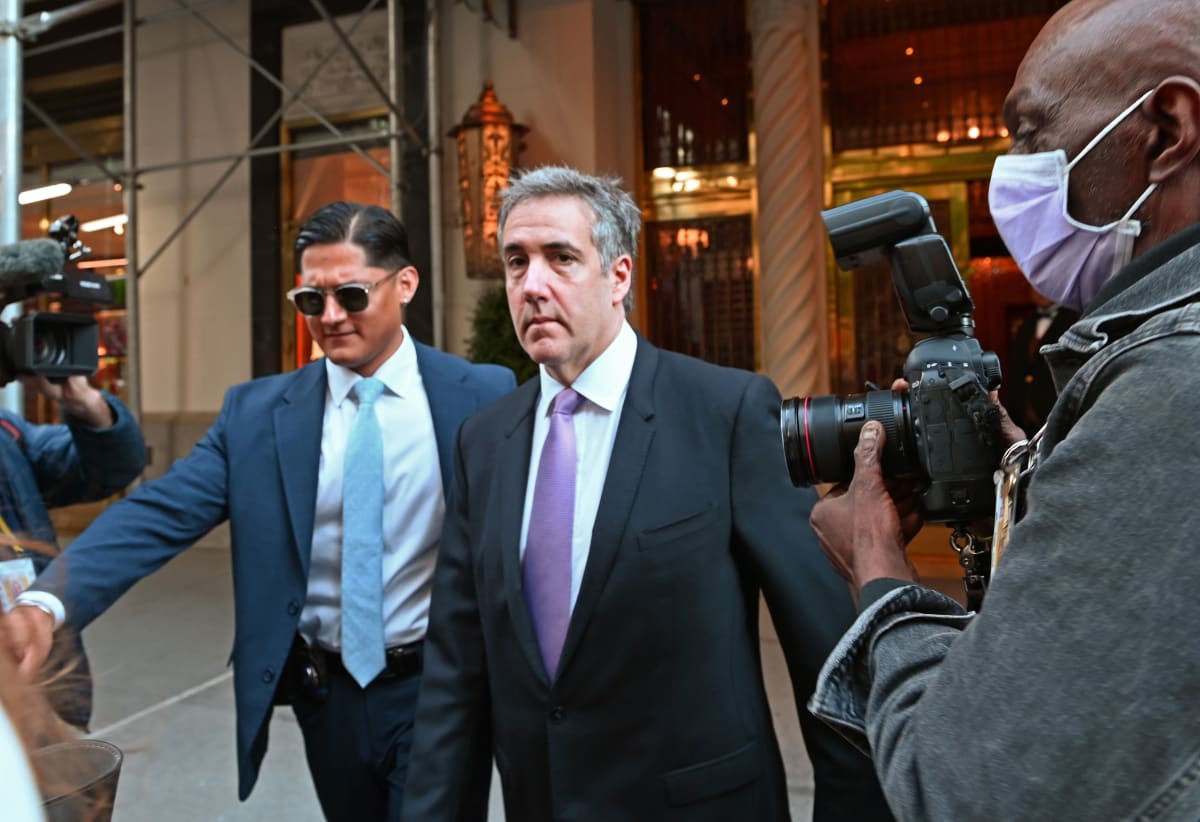
Trump's defense team tried to get Cohen to talk about the money he made after he left the Trump organization after pleading guilty to campaign violations in 2018. Defense attorney Todd Blanche instigated Cohen to say that he had earned more than 4.4 million dollars since 2020 from two books and a podcast after leaving the Trump Organization. However, Cohen portrayed himself as someone eager to protect "the boss." "I wanted to ensure that Mr Trump was safe," he said on the stand.
5. Michael Cohen's personal vendetta against Trump

Trump's attorney also tried to prove Cohen held a personal grudge against Trump because of his downfall post-2018. During the recross examination, Blanche questioned whether he wanted to see Trump convicted. "The answer is no. It's better that he's not for me because it gives me more to talk about in the future," Cohen responded. "My entire life has been turned upside down as a direct result. I lost my law license, my businesses, my financial security, my family's happiness — just to name a few things," the former attorney concluded, recalling the impact he had to endure for standing against Trump.

